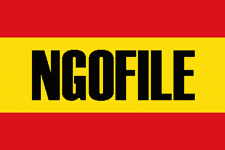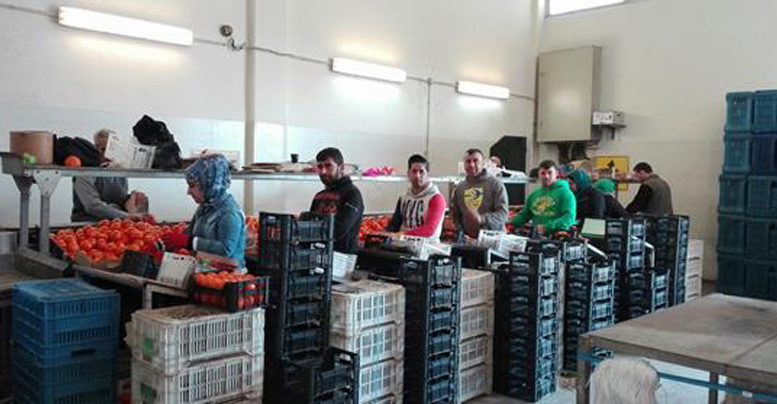► Government to hold 2018 foreign aid spending to lowest levels since 1980s ►
Spain’s governing Partido Popular (PP) has relied on a tie-breaking vote to advance a controversial 2018 plan for providing overseas development aid, despite the objections of representatives of Spanish trade unions, universities, development experts and non-governmental organizations represented on the joint government-civil society Consejo de Cooperación al Desarollo (Development Cooperation Council).
The deciding vote was cast in last week’s Consejo meeting by the government’s Secretary of State for Cooperation Fernando García Casas in order to break a deadlock of 16 votes in favor from representatives of the PP administration and Spain’s CEOE business federation versus 16 votes opposed. The “nay” votes represented strong objection to the plan voiced on the council by representatives of the Coordinating Council of Development NGOs of Spain (CONGDE), the CCOO and UGT trade-union federations, the Federation of Associations for the Defense and Promotion of Human Rights-Spain, Spanish universities and international development experts.
 The government’s 2018 plan locks in last year’s designation of 1 million euros for overseas development assistance through the Spanish Agency for International Development Cooperation (AECID), which shares that money out through national development NGOs and international agencies involved in humanitarian work worldwide. The budgeted 1 million euros amounts to 0.12 percent of Spain’s gross domestic product (GDP), falling far short of EU and UN recommendations for government expenditures on development aid and representing just one-fifth of the 5 million euros freed up by Spain’s regional and local governments for overseas aid last year.
The government’s 2018 plan locks in last year’s designation of 1 million euros for overseas development assistance through the Spanish Agency for International Development Cooperation (AECID), which shares that money out through national development NGOs and international agencies involved in humanitarian work worldwide. The budgeted 1 million euros amounts to 0.12 percent of Spain’s gross domestic product (GDP), falling far short of EU and UN recommendations for government expenditures on development aid and representing just one-fifth of the 5 million euros freed up by Spain’s regional and local governments for overseas aid last year.
Representatives of Spanish NGOs and others on the Consejo de Cooperación expressed dismay at the government’s unwillingness to increase overseas aid spending after five years of sharp reductions under back-to-back PP governments led by President Mariano Rajoy. Since Rajoy took office in 2011, the federal government budget for overseas development aid has been reduced by 72 percent, with expenditures on humanitarian aid slashed by as much as 90 percent, leaving Spain’s overseas aid expenditures at their lowest levels since the 1980s.
The government plan will now move to discussion next week by Congress, where the PP and its allies in the Ciudadanos have enough votes to move the initiative forward and on to the Rajoy administration’s Interministerial Commission for International Cooperation, prior to final approval by the government’s Council of Ministers.
► Read More in Spanish at El País, La Vanguardia and Europa Press …
► Click to read more news about Spain and Development Aid …


